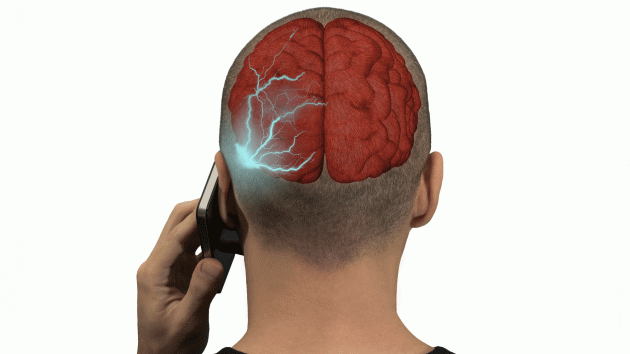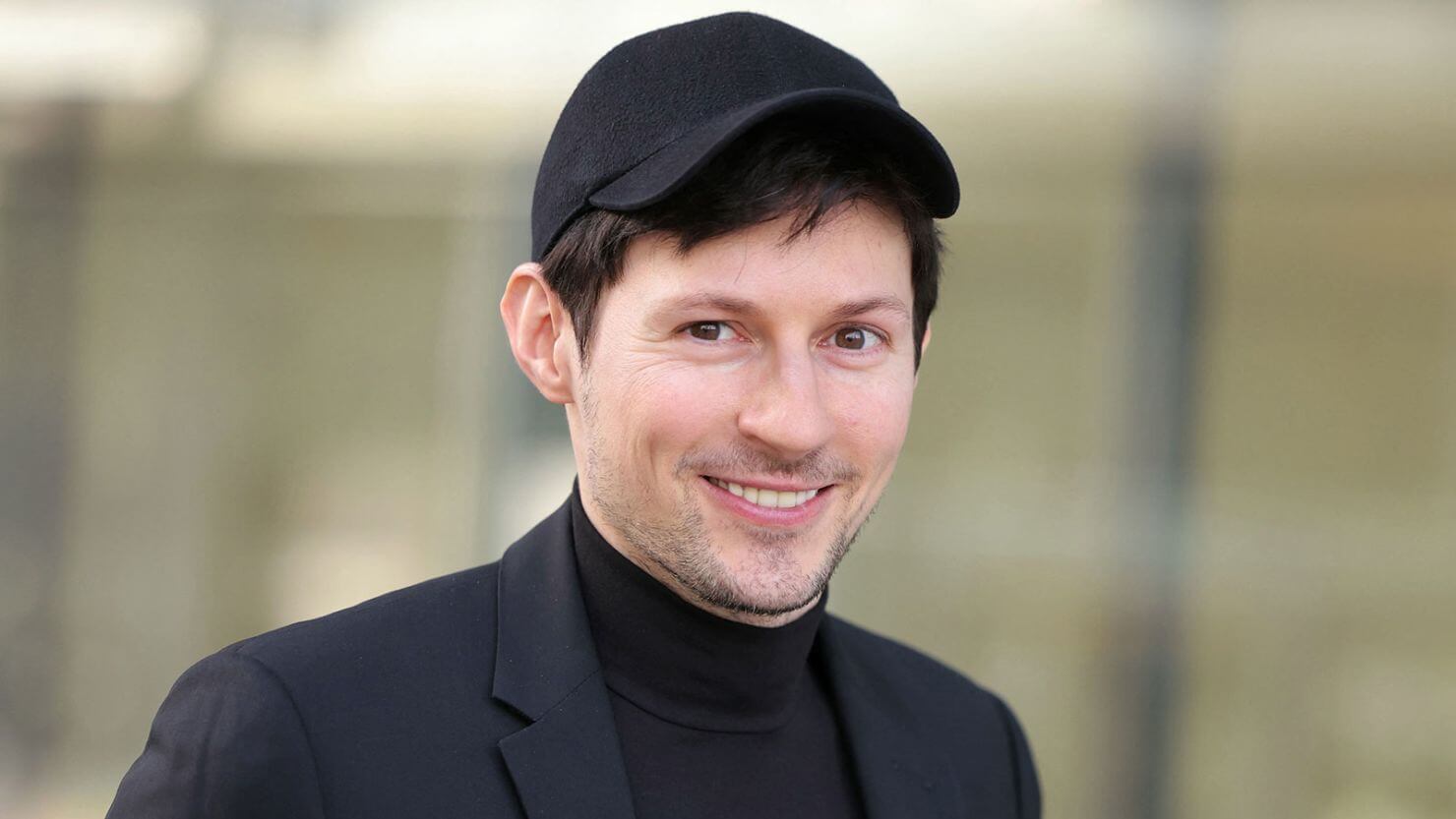Cellphone radiation may cause cancer: study
Mon 30 May 2016, 12:51:52
A new US federal study of the potential dangers of cellphone radiation, conducted in rats, found a slight increase in brain tumors in males and raised long-dormant concerns about the safety of spending so much time with cellphones glued to our ears.
But the study had enough strange findings that it has caused other federal scientists to highlight flaws in the research, and experts said these findings and those from other studies continue to suggest the potential risk from cellphone radiation is very small.
The National Institutes of Health study bombarded rats with cellphone radiation from the womb through the first two years of life for nine hours a day. It found tumors in 2 to 3 percent of male rats, which the study’s authors called low. But females weren’t affected at all and, strangely, the rats not exposed to the cellphone radiation died much faster – at double the rate – of those that were.
The results were preliminary, and only part of what will ultimately be released. They were made public before they were officially published – and despite strong criticism from other NIH scientists – because the results were similar to other studies that hint at a potential problem, said study author John Bucher.
The study is part of a seven-year, $25 million (Dh91.8 million) effort conducted by the National Toxicology Programme at the request of the Food and Drug Administration. It looked at the specific type of radiation that cellphones transmit, called non-ionizing radiofrequency.
“This is the first study to actually show that non-ionizing radiation [causes] cancer,” said Dr Otis Brawley, the American Cancer Society’s chief medical officer. The cancer society in a statement praised the study for “evidence that cellphone signals could potentially impact human health” but notes that it doesn’t quite address real risk to people.
“If cellphones cause cancer, they don’t cause a lot of cancer,” he said in an interview. “It’s not
as carcinogenic as beef.” He said people should be far more concerned about “distraction caused by cellphone”, which he said causes more deaths.
as carcinogenic as beef.” He said people should be far more concerned about “distraction caused by cellphone”, which he said causes more deaths.
Both Brawley and Bucher said this would not change how they use their own personal cellphones.
While the study found what Bucher called a likely cause of cancer in rats, he cautioned that how that applies to humans “is not currently completely worked out. This may have relevance. It may have no relevance”, he said.
Since about 1986, US brain cancer deaths have not increased or decreased, Brawley said. That suggests that whatever effect cellphones may have it is so small as to be undetectable amid regular cases of brain cancer.
Also, Brawley and others point out that cellphone technology has improved so much in recent years to emit less radiation than medical studies simulate. Bucher said the levels the rats were subjected to would be considered “heavy”.
The study also found a slight increase in a very rare type of heart tumors in the male rats exposed to cellphone radiation. The same NIH scientists looked at mice, but those results won’t be ready until next year.
In 2011, a working group of the International Agency for Research on Cancer said cellphones are possibly carcinogenic. But numerous studies over the years, before and after that listing, have found little evidence of a problem. Among the largest, a survey of 13,000 people in 13 countries found little or no risk of brain tumors, with a possible link in the heaviest users that the study’s authors found inconclusive. And a large Danish study that linked phone bills to a cancer registry found no risk even in longtime users.
Gray said a study like this needs to stand up to challenge and fit in with other research.
“This is a high profile topic that hits close to home for most of us,” Gray said in an email. “It is really important to realize that a single study like this does not provide ‘the answer’.”
No Comments For This Post, Be first to write a Comment.
Most viewed from Health
AIMIM News
Latest Urdu News
Most Viewed
May 26, 2020
Is it right to exclude Bangladesh from the T20 World Cup?
Latest Videos View All
Like Us
Home
About Us
Advertise With Us
All Polls
Epaper Archives
Privacy Policy
Contact Us
Download Etemaad App
© 2026 Etemaad Daily News, All Rights Reserved.



























.jpg)
.jpg)
.jpg)


